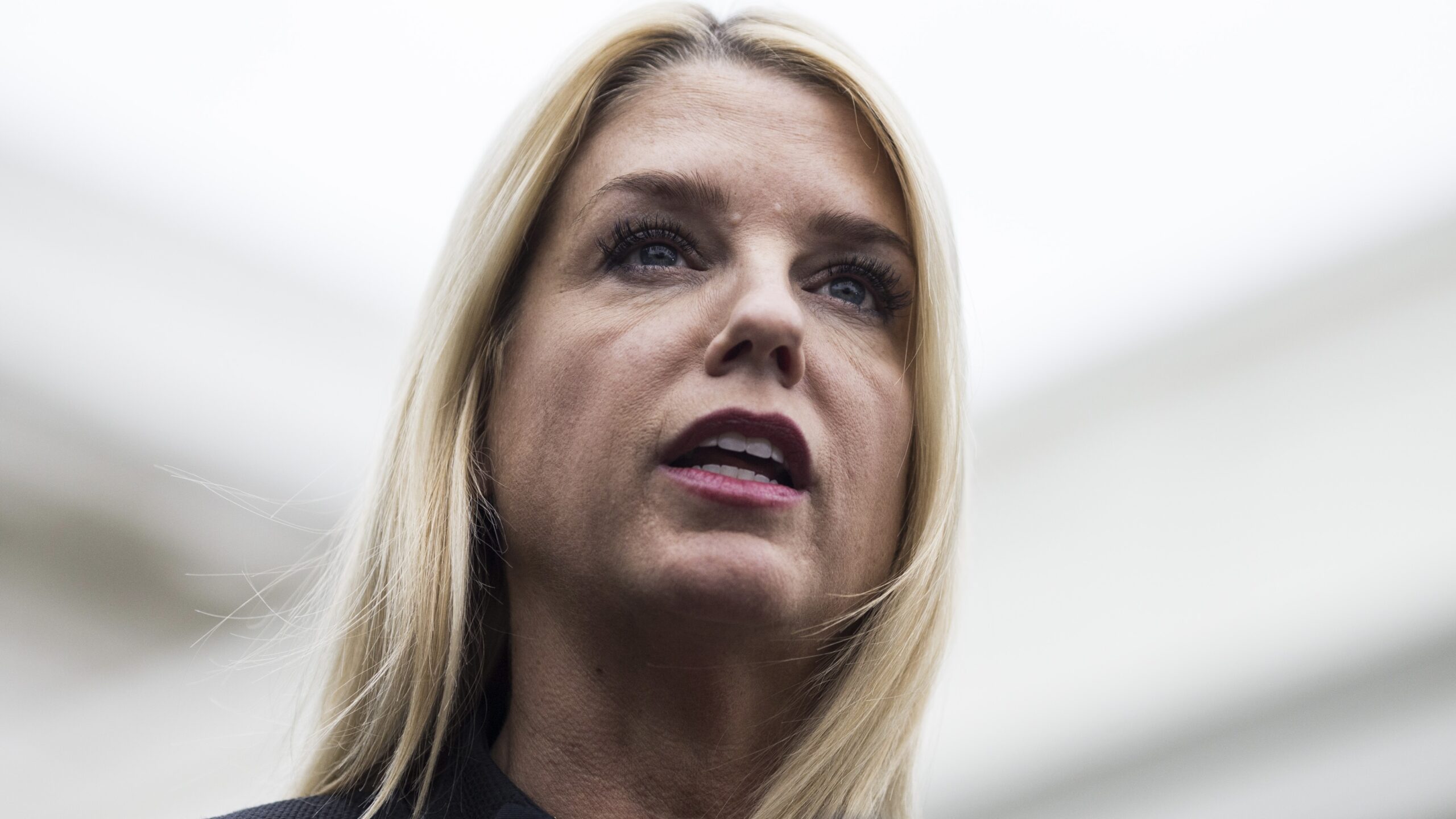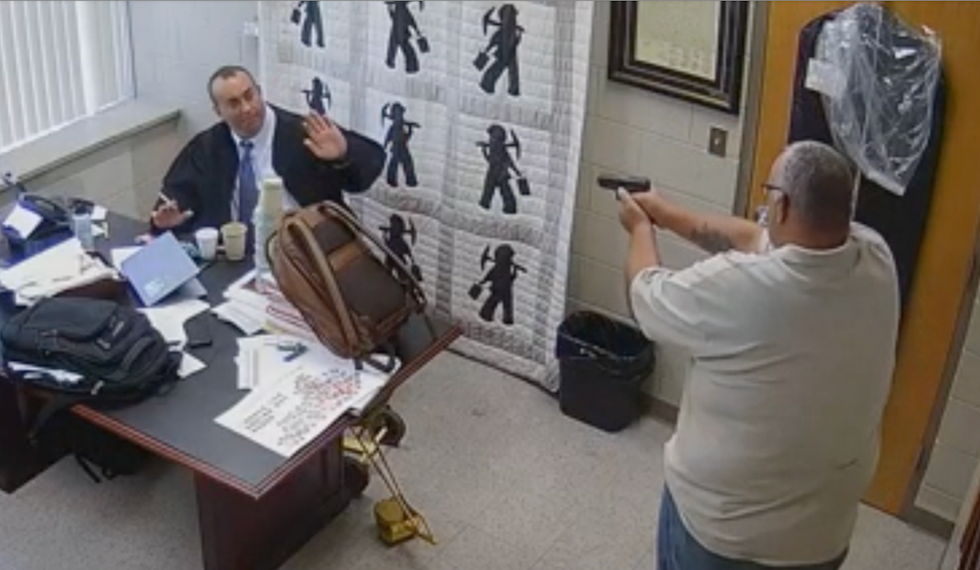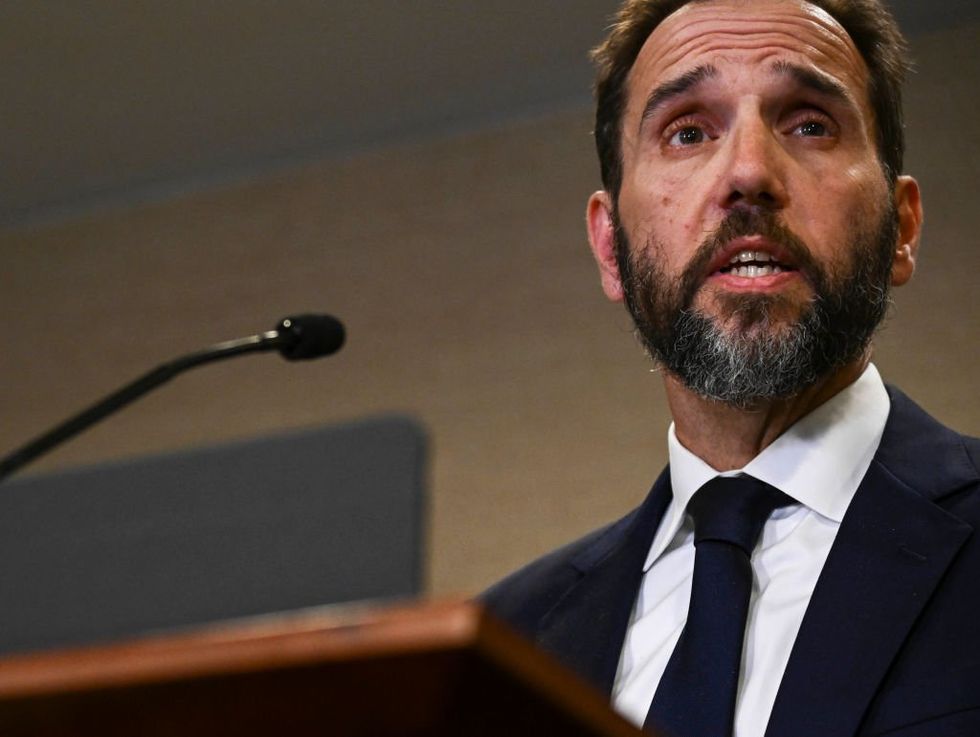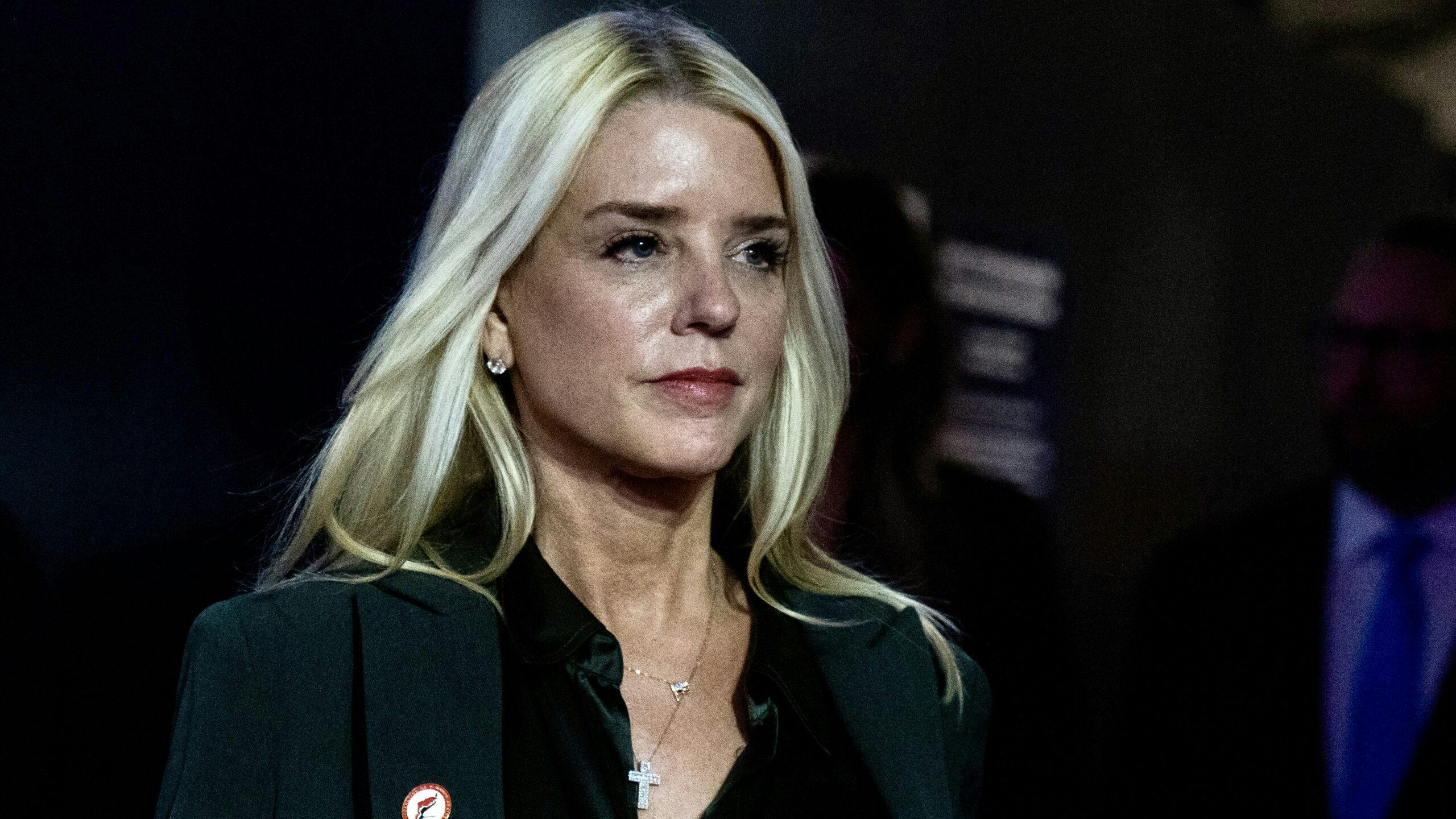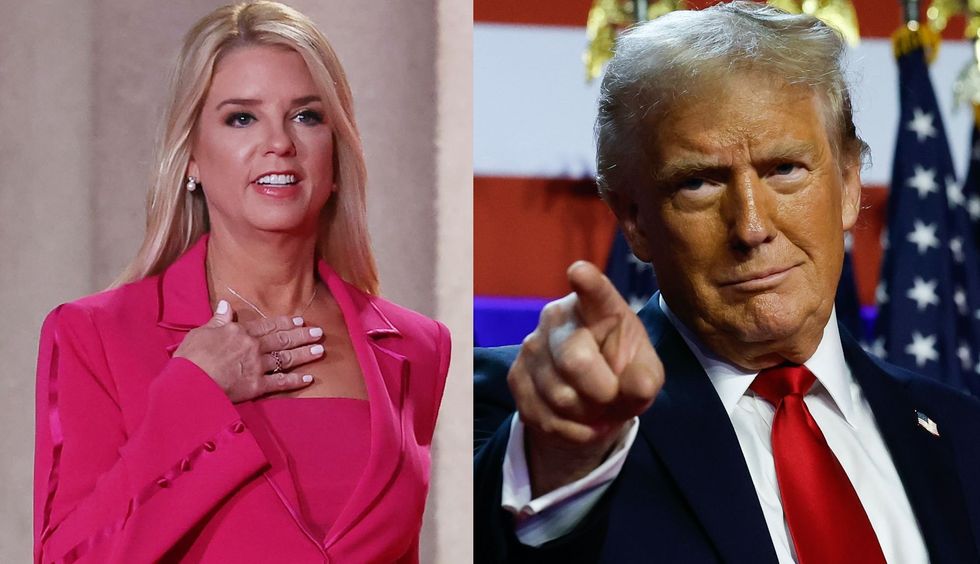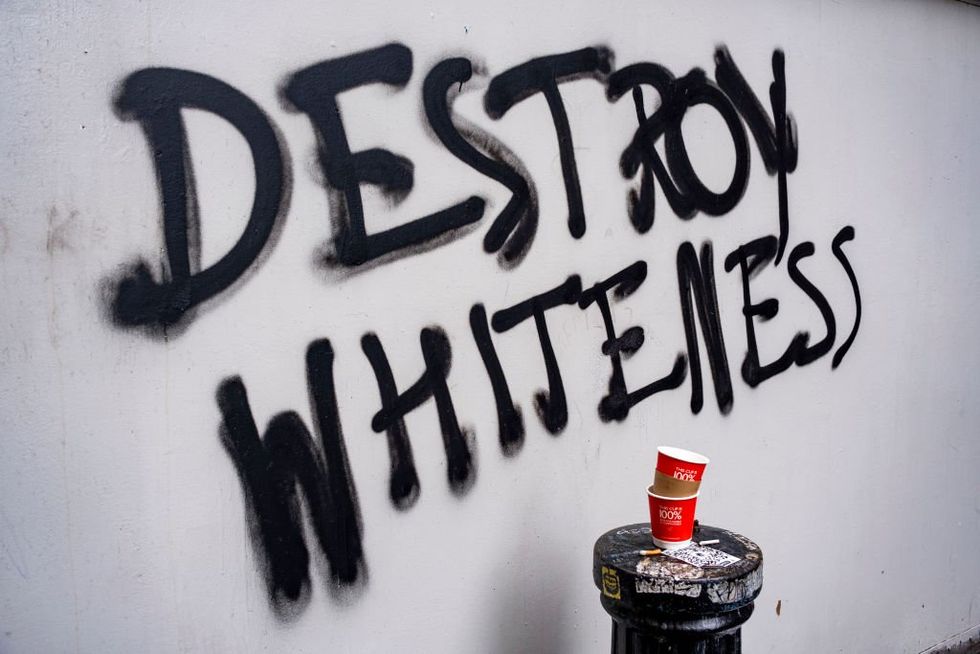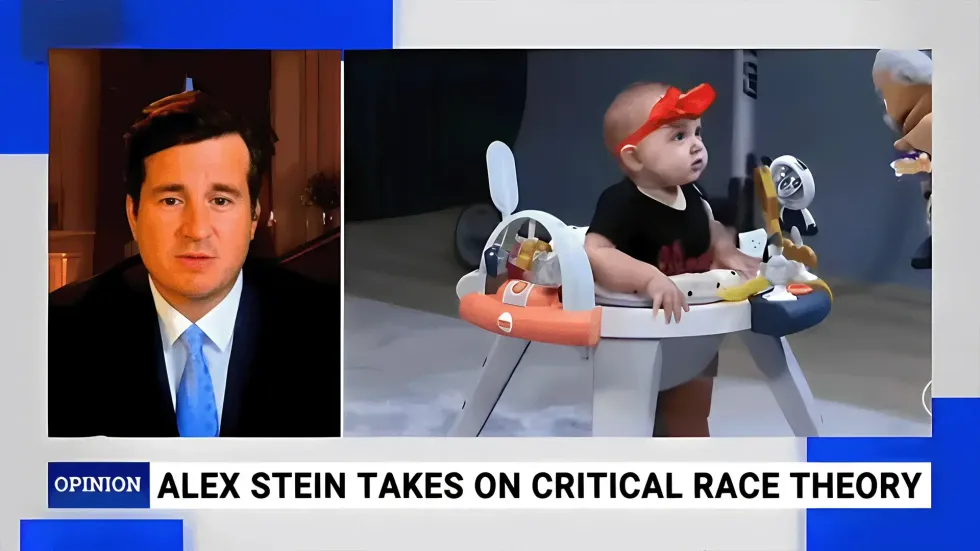RFK Jr.: The last true Democrat?
Robert F. Kennedy Jr.’s suspension of his campaign and endorsement of Donald Trump on Friday are a testament to why Trump has maintained his longevity in politics despite his controversial persona, crippling legal attacks, and endless bad press. Contrary to media narratives, Trump’s unanticipated rise to popularity does not stem from a far-right threat to democracy, but rather from genuine grassroots concerns related to the direction of America under the rule of increasingly illiberal forces on the left. Kennedy’s commitment to speaking truths unpopular in mass media and Democratic circles led CNN to cut away from its live coverage of his speech. Kennedy focused the defense of his endorsement on the grounds common to many who begrudgingly support Trump’s presidency. This includes his interests in alleviating the suffering of the poor and his commitment to core American values diametrically opposed by the modern iteration of the Democratic Party. The structure of tyranny Kennedy credibly bolsters his position by understanding tyranny. Instead of focusing on rhetoric, he sharpens his analysis on how power truly operates, observing that the consolidation of power — not mean tweets — creates fertile ground for tyrannical rule. This endorsement was a repudiation of the Democratic Party and what RFK Jr. described as the “consolidation of corporate and econ power,” a consolidation he believes would be “complete” should the Democratic Party have another four years of power over the United States. And it is the Democratic Party, not Donald Trump, that possesses the institutional backing capable of ushering in the tyranny Democrats rhetorically decry. The lack of actual democratic processes and procedures within the Democratic Party is not lost on Kennedy, who accurately described his former party as cynically saving democracy by systematically dismantling it. Kennedy spoke Friday of high stakes and focused on the structural reality of how democracy is destroyed. At its core, his message was equally uplifting and depressing. It was inspiring because he spoke to the American people as a true statesman, someone interested in the well-being of the country rather than pandering to create a perception popular among the powerful and well connected. Still, his words were tainted with pain. Kennedy grew up immersed in Democratic politics, and he never intended to break with his family's party. However, he chose to place principle over party or power, setting an example of virtue for the public. Despite this, his commitment to speaking truths that are unpopular in mass media and Democratic circles led CNN to cut away from its live coverage of his speech. Censorship serves Democratic Party power This incident only reinforces one of Kennedy’s main critiques of the current Democratic Party: It is a party of elites who maintain their grip on power through anti-democratic means. These methods include the weaponization of government agencies and, crucially, the propaganda spread by the party’s “mouthpieces” and “stenographers” in corporate newsrooms. His challenge of the media as “organs” of the Democratic Party is integral to his understanding of the party as an existential threat to the American way of life. He diagnoses the problems associated with the near-monopoly the Democratic Party has on mainstream outlets, stating the truth, not lies, is censored by those in power. RFK’s alarm over the “resort to censorship and media control” highlights the dire state of America’s current political life. A sitting U.S. president’s ability to use the bully pulpit to collude with or coerce media companies into censoring political speech represents an overt attack on “the most sacred right of free expression,” which lies at the heart of the American experiment in self-governance. Kennedy’s sincerity and courage serve as a bittersweet reminder of what was once revered in American politics. He now stands as a traitor to a party that abandoned its principles in pursuit of power. Despite his family’s statement denouncing his endorsement of Trump, Kennedy placed his principles above power, popularity, and convenience. In a sea of imposters and charlatans jockeying for power, Robert F. Kennedy Jr. remains a man who places people before partisan politics. He may prove to be the nation’s last true Democrat.
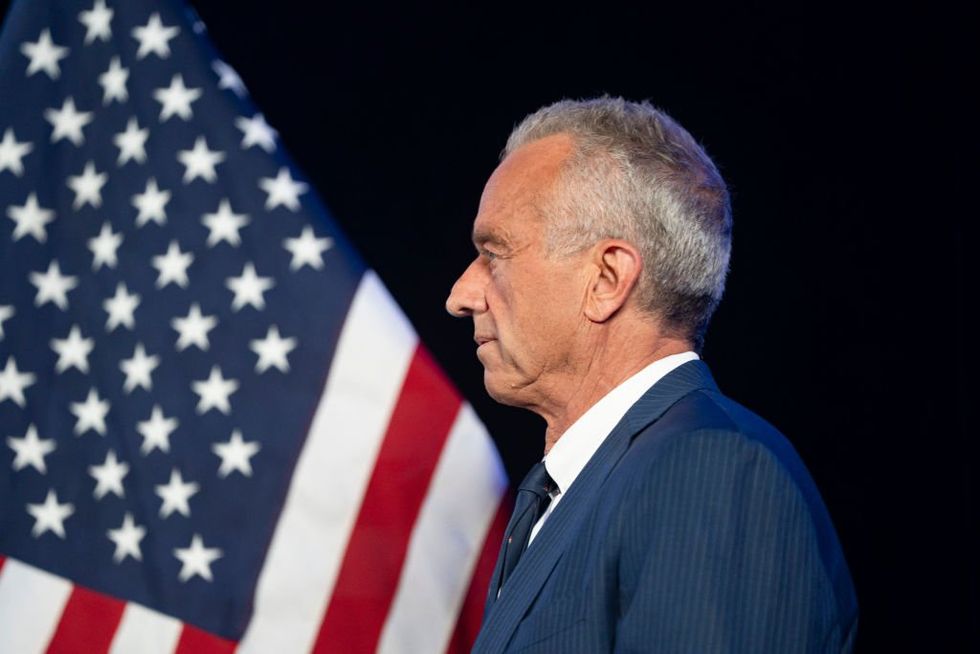

Robert F. Kennedy Jr.’s suspension of his campaign and endorsement of Donald Trump on Friday are a testament to why Trump has maintained his longevity in politics despite his controversial persona, crippling legal attacks, and endless bad press.
Contrary to media narratives, Trump’s unanticipated rise to popularity does not stem from a far-right threat to democracy, but rather from genuine grassroots concerns related to the direction of America under the rule of increasingly illiberal forces on the left.
Kennedy’s commitment to speaking truths unpopular in mass media and Democratic circles led CNN to cut away from its live coverage of his speech.
Kennedy focused the defense of his endorsement on the grounds common to many who begrudgingly support Trump’s presidency. This includes his interests in alleviating the suffering of the poor and his commitment to core American values diametrically opposed by the modern iteration of the Democratic Party.
The structure of tyranny
Kennedy credibly bolsters his position by understanding tyranny. Instead of focusing on rhetoric, he sharpens his analysis on how power truly operates, observing that the consolidation of power — not mean tweets — creates fertile ground for tyrannical rule.
This endorsement was a repudiation of the Democratic Party and what RFK Jr. described as the “consolidation of corporate and econ power,” a consolidation he believes would be “complete” should the Democratic Party have another four years of power over the United States.
And it is the Democratic Party, not Donald Trump, that possesses the institutional backing capable of ushering in the tyranny Democrats rhetorically decry. The lack of actual democratic processes and procedures within the Democratic Party is not lost on Kennedy, who accurately described his former party as cynically saving democracy by systematically dismantling it.
Kennedy spoke Friday of high stakes and focused on the structural reality of how democracy is destroyed. At its core, his message was equally uplifting and depressing. It was inspiring because he spoke to the American people as a true statesman, someone interested in the well-being of the country rather than pandering to create a perception popular among the powerful and well connected.
Still, his words were tainted with pain.
Kennedy grew up immersed in Democratic politics, and he never intended to break with his family's party. However, he chose to place principle over party or power, setting an example of virtue for the public. Despite this, his commitment to speaking truths that are unpopular in mass media and Democratic circles led CNN to cut away from its live coverage of his speech.
Censorship serves Democratic Party power
This incident only reinforces one of Kennedy’s main critiques of the current Democratic Party: It is a party of elites who maintain their grip on power through anti-democratic means. These methods include the weaponization of government agencies and, crucially, the propaganda spread by the party’s “mouthpieces” and “stenographers” in corporate newsrooms.
His challenge of the media as “organs” of the Democratic Party is integral to his understanding of the party as an existential threat to the American way of life. He diagnoses the problems associated with the near-monopoly the Democratic Party has on mainstream outlets, stating the truth, not lies, is censored by those in power.
RFK’s alarm over the “resort to censorship and media control” highlights the dire state of America’s current political life. A sitting U.S. president’s ability to use the bully pulpit to collude with or coerce media companies into censoring political speech represents an overt attack on “the most sacred right of free expression,” which lies at the heart of the American experiment in self-governance.
Kennedy’s sincerity and courage serve as a bittersweet reminder of what was once revered in American politics. He now stands as a traitor to a party that abandoned its principles in pursuit of power. Despite his family’s statement denouncing his endorsement of Trump, Kennedy placed his principles above power, popularity, and convenience.
In a sea of imposters and charlatans jockeying for power, Robert F. Kennedy Jr. remains a man who places people before partisan politics. He may prove to be the nation’s last true Democrat.
Originally Published at Daily Wire, World Net Daily, or The Blaze
What's Your Reaction?















